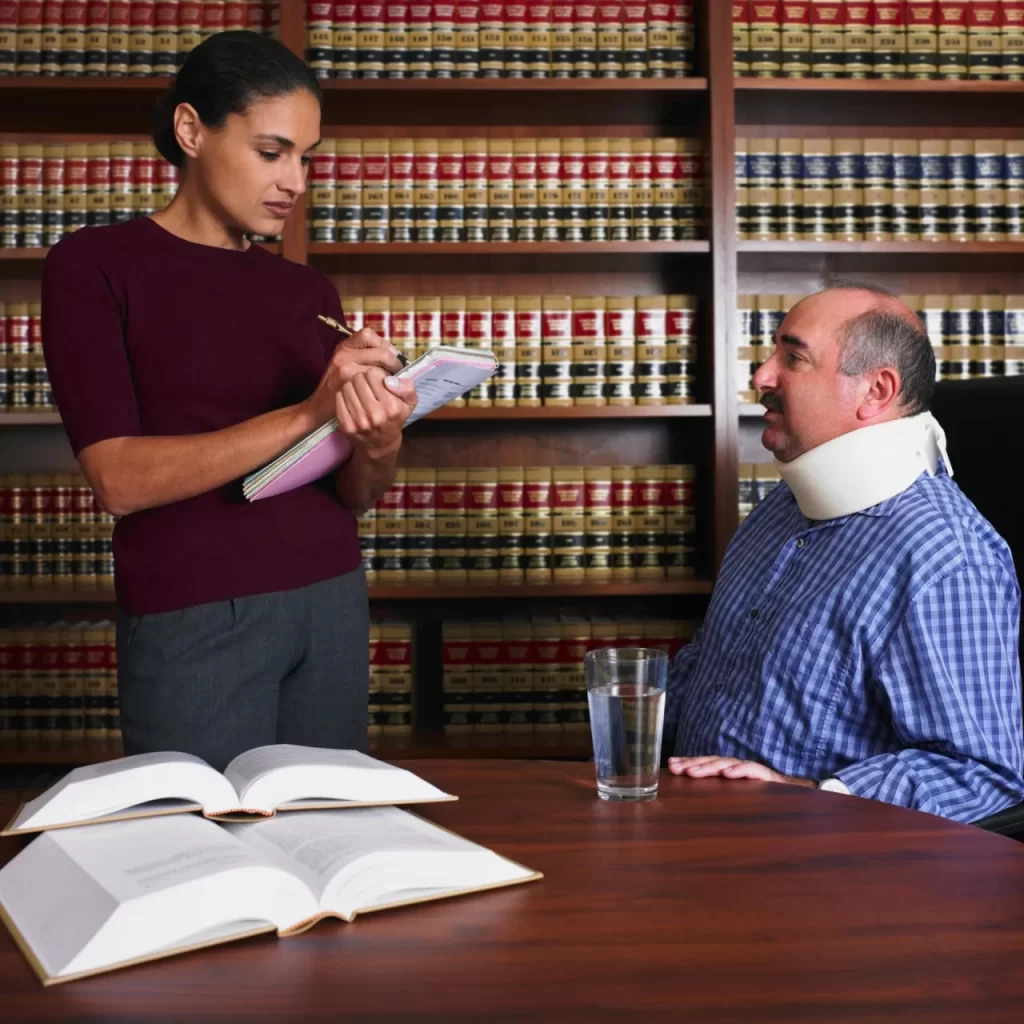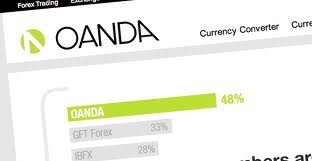If you or a loved one has been hurt due to someone else’s careless or wrongful behavior, you might qualify for financial compensation. This compensation, often sought through a personal injury claim, can assist in covering medical bills, rehabilitation expenses, lost income, and other related costs.
When you live in one place and an accident occurs in another, there are extra factors to consider. Dealing with two different sets of laws and administrative procedures can be complex and daunting.
If you’ve been in a cross-jurisdiction accident, then speak with a personal injury lawyer to help you with the legalities and guide you through the process.

What is a Cross-Jurisdiction Injury Claim?
A cross-jurisdictional personal injury claim arises when the cause of the injury, the parties involved, or the potential litigation span more than one state in the USA. Here are some common scenarios:
- Accidents on Multi-State Travel: A car accident occurs while driving through several states on a road trip.
- Product Liability: A defective product manufactured in one state injures someone in another.
- Medical Malpractice: A doctor licensed in one state treats a patient in another, leading to complications.
- Environmental Issues: Pollution from a facility in one state affects residents in another.
In these situations, the injured party faces several challenges in determining the appropriate jurisdiction for filing a lawsuit and ensuring a fair outcome.

5 Challenges of Cross-Jurisdictional Personal Injury Claims in the USA
Here are the challenges of cross-jurisdictional personal injury claims in the USA:
1. Choice of Law
Each state has its own set of laws governing personal injury claims, including:
- Statute of Limitations: The deadline to file a lawsuit varies by state. Missing this deadline can bar your right to file a claim entirely.
- Comparative Fault: Different states have varying degrees of comparative fault laws, which determine how much your own negligence might reduce your recovery.
- Damage Caps: Some states impose limits on certain types of damages, such as non-economic damages like pain and suffering.
Deciding which state’s laws apply to your case can be crucial. Factors like the place of injury, the defendant’s residence, and where the accident-causing event occurred can all play a role.
2. Jurisdictional Discovery
Gathering evidence can be significantly more complex in cross-jurisdictional cases. Witness depositions, medical record retrieval, and expert testimony might require following the procedures of multiple states, increasing costs and time. An attorney familiar with both jurisdictions can streamline the discovery process and ensure you obtain all necessary evidence.
3. Forum Shopping
The injured party (plaintiff) may be tempted to “forum shop,” choosing the state with the most favorable laws or a history of large jury awards. However, judges can dismiss cases deemed inappropriate for the chosen forum.
A skilled attorney will weigh factors like witness location, relevant evidence, and the legal climate of potential jurisdictions before deciding where to file the lawsuit.
4. Increased Costs and Time
Cross-jurisdictional cases often involve more attorney time and resources due to the complexities mentioned above. Travel expenses, hiring local counsel in multiple states, and complying with different court procedures can significantly inflate the overall cost of litigation.
Understanding these potential cost increases from the outset is crucial for any injured party considering a cross-jurisdictional claim.
5. Unfamiliarity with Local Rules
Procedural rules, filing deadlines, and even courtroom etiquette can vary between states. An attorney unfamiliar with the specific jurisdiction may make critical mistakes that could weaken your case or even lead to dismissal.
Selecting an attorney with experience handling cases in the relevant jurisdictions is paramount to ensuring a successful outcome.
Tradersdna is a leading digital and social media platform for traders and investors. Tradersdna offers premiere resources for trading and investing education, digital resources for personal finance, market analysis and free trading guides. More about TradersDNA Features: What Does It Take to Become an Aggressive Trader? | Everything You Need to Know About White Label Trading Software | Advantages of Automated Forex Trading


































